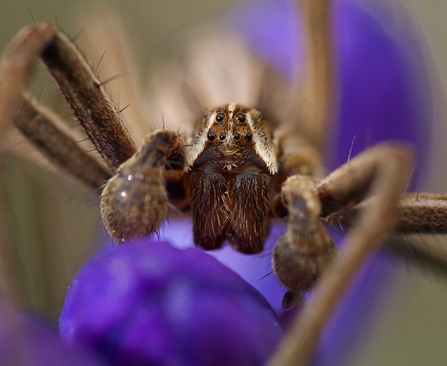Why are many people scared of spiders?
The answer is not clear. Some studies suggest that arachnophobia has developed throughout human evolution in order to avoid arachnids. Some even suggest that is could be genetically inherited. However, many of these studies have focused on just a small number of participants, which are not likely to represent the entire human population. It’s also worth asking the questions as to why we would evolve to fear spiders when the vast majority of them are harmless.
What seems more feasible is that arachnophobia has a cultural origin. If a child witnesses a parent reacting alarmingly to a spider in the house, then that child is likely to develop the same fear. Arachnophobia seems to be a societal trend, which has led to the making of films such as ‘Arachnophobia’ and ’Eight-legged Freaks’, both of which show spiders in a negative light. It is important to note that there are no dangerous spiders in the UK.







